To provide the best experiences, we use technologies like cookies to store and/or access device information. Consenting to these technologies will allow us to process data such as browsing behaviour or unique IDs on this site. Not consenting or withdrawing consent, may adversely affect certain features and functions.
The technical storage or access is strictly necessary for the legitimate purpose of enabling the use of a specific service explicitly requested by the subscriber or user, or for the sole purpose of carrying out the transmission of a communication over an electronic communications network.
The technical storage or access is necessary for the legitimate purpose of storing preferences that are not requested by the subscriber or user.
The technical storage or access that is used exclusively for statistical purposes.
The technical storage or access that is used exclusively for anonymous statistical purposes. Without a subpoena, voluntary compliance on the part of your Internet Service Provider, or additional records from a third party, information stored or retrieved for this purpose alone cannot usually be used to identify you.
The technical storage or access is required to create user profiles to send advertising, or to track the user on a website or across several websites for similar marketing purposes.
 New research by Totum Partners, claims that the majority of firms now have hybrid working policies in place, as worker preferences and economy-wide recruitment pressures drive increased demand for flexible working. This includes 50 percent of firms which have implemented a company-wide policy, while the remaining 50 percent have published guidelines that can be interpreted by location or individual team. (more…)
New research by Totum Partners, claims that the majority of firms now have hybrid working policies in place, as worker preferences and economy-wide recruitment pressures drive increased demand for flexible working. This includes 50 percent of firms which have implemented a company-wide policy, while the remaining 50 percent have published guidelines that can be interpreted by location or individual team. (more…)






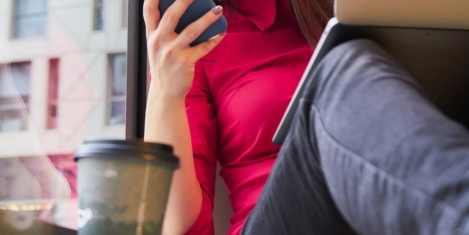

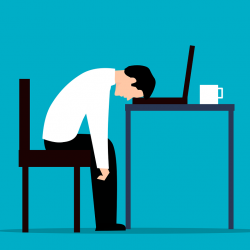 Over a third (37 percent) of Brits say they have felt more stressed since the lifting of lockdown restrictions in July, and one in five (21 percent) still aren’t ready to get back to normal life – and that includes the office – claims a new
Over a third (37 percent) of Brits say they have felt more stressed since the lifting of lockdown restrictions in July, and one in five (21 percent) still aren’t ready to get back to normal life – and that includes the office – claims a new 




 Since offices reopened, there has naturally been a much greater focus on health and safety. Office managers everywhere have deployed one-way corridors, anti-viral disinfectant wipes, and daily temperature checks in order to ensure that those who have returned to the office feel safe. Globally, businesses have learned to cope with these adverse circumstances, but there are other lessons from the past year that we should use to refresh the workplace as well.
Since offices reopened, there has naturally been a much greater focus on health and safety. Office managers everywhere have deployed one-way corridors, anti-viral disinfectant wipes, and daily temperature checks in order to ensure that those who have returned to the office feel safe. Globally, businesses have learned to cope with these adverse circumstances, but there are other lessons from the past year that we should use to refresh the workplace as well. 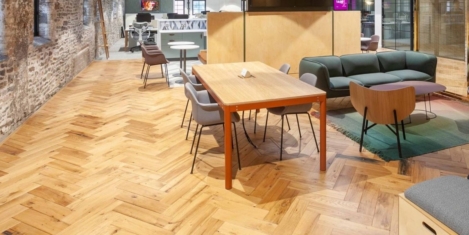
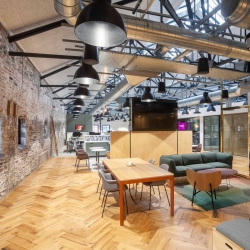 Predicting behaviours in the commercial property market is never an easy thing, yet we know that the pandemic has drastically altered this market. Whilst some players have advocated ‘the end is nigh’ for all office space, research shows a different picture emerging – namely the office space as we know it is evolving into something different. The impact of prolonged uncertainty has fuelled change. However, there are other forces at work shaping a brighter and more varied future for office space.
Predicting behaviours in the commercial property market is never an easy thing, yet we know that the pandemic has drastically altered this market. Whilst some players have advocated ‘the end is nigh’ for all office space, research shows a different picture emerging – namely the office space as we know it is evolving into something different. The impact of prolonged uncertainty has fuelled change. However, there are other forces at work shaping a brighter and more varied future for office space. 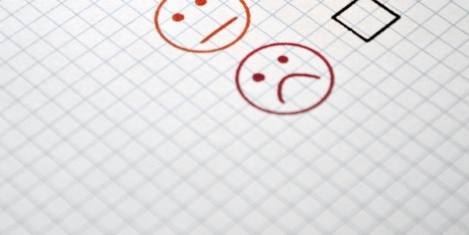
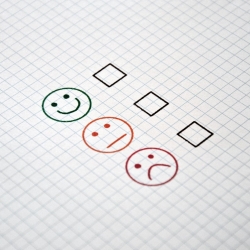 Huge changes in the world of work over the past 30 years have led to people having a greater attachment to their work, but also rising levels of stress and falling levels of control, which has coincided with low earners losing their ‘job satisfaction premium’ over higher paid colleagues, according to new research from think tank the
Huge changes in the world of work over the past 30 years have led to people having a greater attachment to their work, but also rising levels of stress and falling levels of control, which has coincided with low earners losing their ‘job satisfaction premium’ over higher paid colleagues, according to new research from think tank the 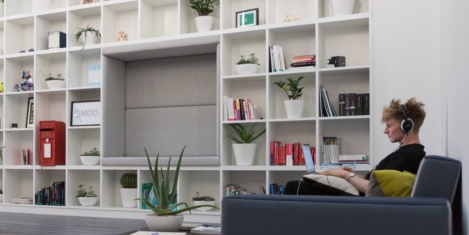
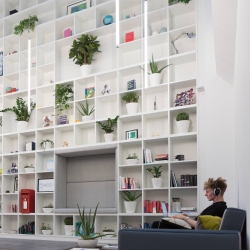 CEOs of the world’s largest businesses are increasingly optimistic about the outlook for their own business, according to the latest
CEOs of the world’s largest businesses are increasingly optimistic about the outlook for their own business, according to the latest 


 New research from
New research from 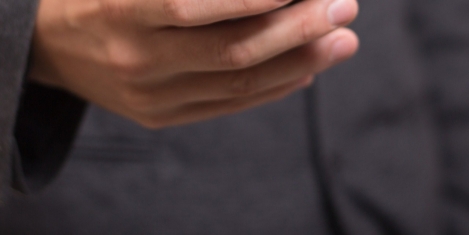
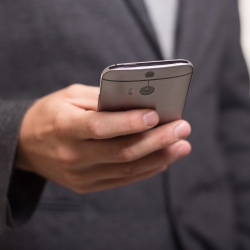 An overtime “epidemic” driven by the rise in home working during the pandemic must be curtailed with new right to disconnect laws, according to a
An overtime “epidemic” driven by the rise in home working during the pandemic must be curtailed with new right to disconnect laws, according to a 








October 25, 2021
The power of science can help companies create better menopause policies
by Gosia Bowling • Comment, Wellbeing